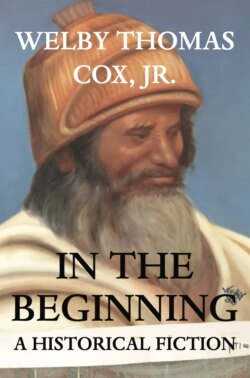Читать книгу IN THE BEGINNING - Welby Thomas Cox Jr. - Страница 23
На сайте Литреса книга снята с продажи.
Academic archaeological responses
ОглавлениеPseudo archaeology theories have come to be heavily criticized by academic and professional archaeologists. One of the first books to address these directly was by archaeologist Robert Wauchope of Tulane University. Prominent academic archaeologist Colin Renfrew stated his opinion that it was appalling that pseudo archaeologists treated archaeological evidence in such a "frivolous and self-serving way", something he believed trivialized the "serious matter" of the study of human origins. Academics like John R. Cole, Garret G. Fagan and Kenneth L. Feder have argued which Pseudo archaeology interpretations of the past were based upon sensationalism, self-contradiction, fallacious logic, manufactured or misinterpreted evidence, quotes taken out of context and incorrect information. Fagan and Feder characterized such interpretations of the past as being "anti-reason and anti-science" with some being "hyper-nationalistic, racist and hateful". In turn, many pseudo archaeologists have dismissed academics as being closed-minded and not willing to consider theories other than their own.
Many academic archaeologists have argued which the spread of alternative archaeological theories is a threat to the general public's understanding of the past. Fagan was particularly scathing of television shows which presented Pseudo archaeology theories to the general public, believing which they did so because of the difficulties in making academic archaeological ideas comprehensible and interesting to the average viewer. Renfrew however believed those television executives commissioning these documentaries knew they were erroneous, and they allowed them to be made and broadcast simply in the hope of "short-term financial gain".
Fagan and Feder believed it was not possible for academic archaeologists to successfully engage with pseudo archaeologists, remarking "you cannot reason with unreason". Speaking from their own experiences, they thought attempting dialogues just became "slanging matches” in which the expertise and motives of the critic become the main focus of attention." Fagan has maintained this idea elsewhere, remarking that arguing with supporters of Pseudo archaeology theories was "pointless" because they denied logic. He noted they included those "who openly admitted to not having read a word written by a trained Egyptologist" but who at the same time "were pronouncing how academic Egyptology was all wrong, even sinister."
